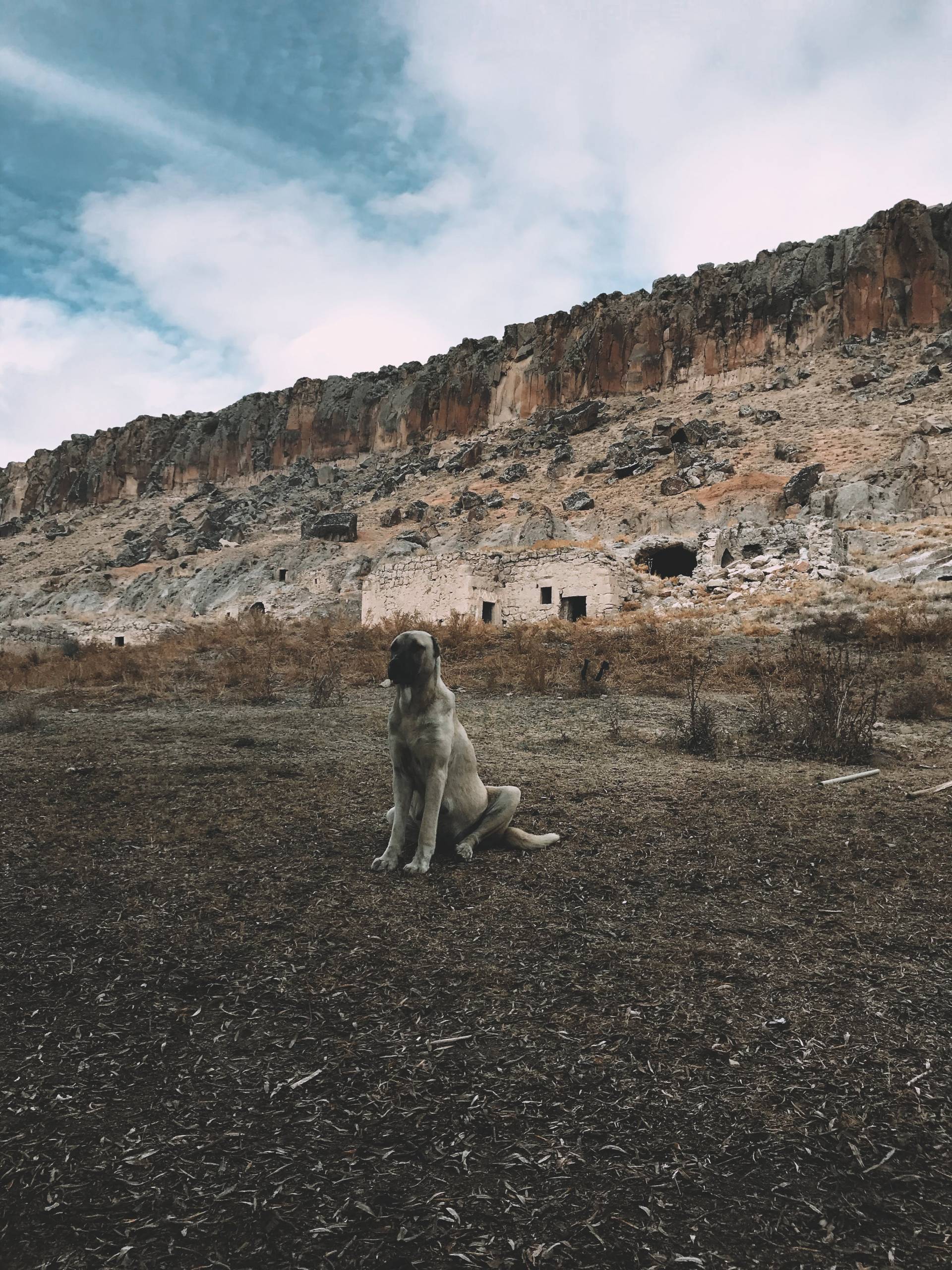
Dogs are curious creatures, and they don’t always know what’s good for them. Chocolate contains theobromine and caffeine, which are both harmful to dogs. When a dog eats chocolate, these substances can cause a range of symptoms, including vomiting, diarrhea, rapid breathing, increased heart rate, and seizures. In severe cases, chocolate poisoning can be fatal.
The severity of chocolate poisoning in dogs depends on several factors, including the type of chocolate ingested, the size of the dog, and the amount of chocolate consumed. Dark chocolate and baking chocolate contain higher levels of theobromine and caffeine, making them more dangerous for dogs. Smaller dogs are at greater risk because it takes less chocolate to reach toxic levels in their bodies.
If you suspect that your dog has eaten chocolate, it’s important to act quickly. The first thing you should do is contact your veterinarian or an emergency animal clinic. They can provide guidance based on your dog’s size, the type of chocolate ingested, and the amount consumed. In some cases, they may instruct you to induce vomiting at home, but this should only be done under their guidance.
The effects of chocolate poisoning can start within a few hours of ingestion and can last for several days. Theobromine, the toxic component in chocolate, can take a long time to metabolize in a dog’s body. In mild cases, symptoms may begin to appear within 6-12 hours and can last up to 72 hours. In more severe cases, the effects can be seen within 1-4 hours and can last much longer. It’s crucial to seek veterinary help as soon as possible to give your dog the best chance of recovery.
Preventing your dog from eating chocolate is the best course of action. Keep chocolate and chocolate-containing products, such as cocoa powder and chocolate bars, out of your dog’s reach. Educate everyone in your household about the dangers of chocolate for dogs, and be extra cautious during holidays like Halloween and Easter when chocolate is often more accessible.
In conclusion, if a dog eats chocolate, it can be a life-threatening situation. Theobromine and caffeine, found in chocolate, can have serious effects on a dog’s health, and it’s important to act quickly if you suspect your dog has ingested this toxic treat. Remember to keep chocolate out of your dog’s reach and seek veterinary help if an accident occurs. Your furry friend’s safety is paramount, and being aware of the dangers of chocolate can help you keep them healthy and happy for years to come.[/fusion_text]

